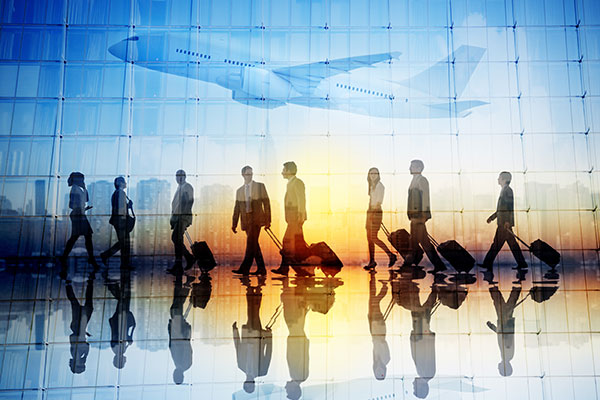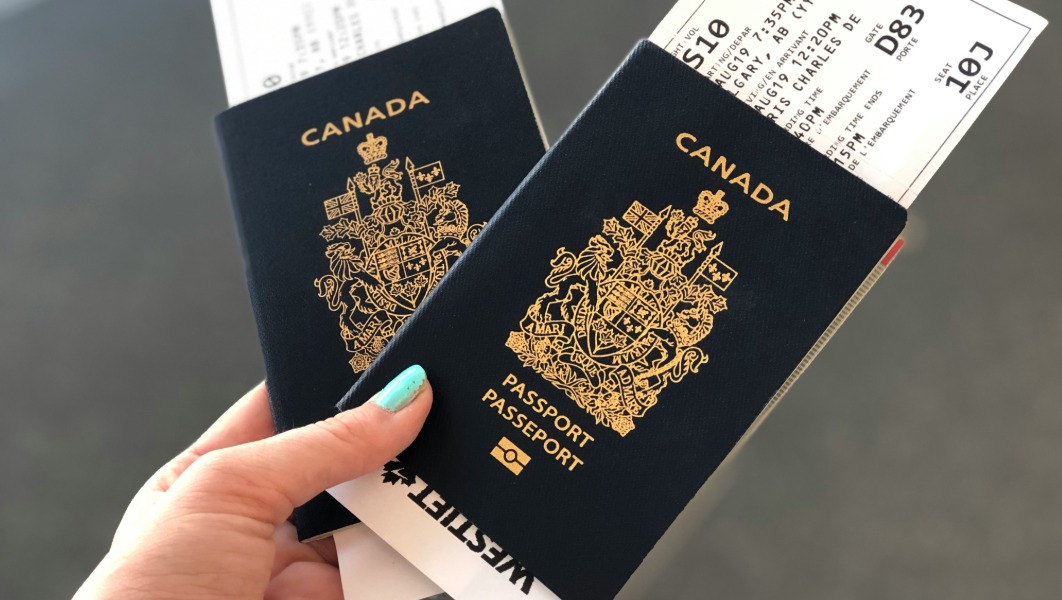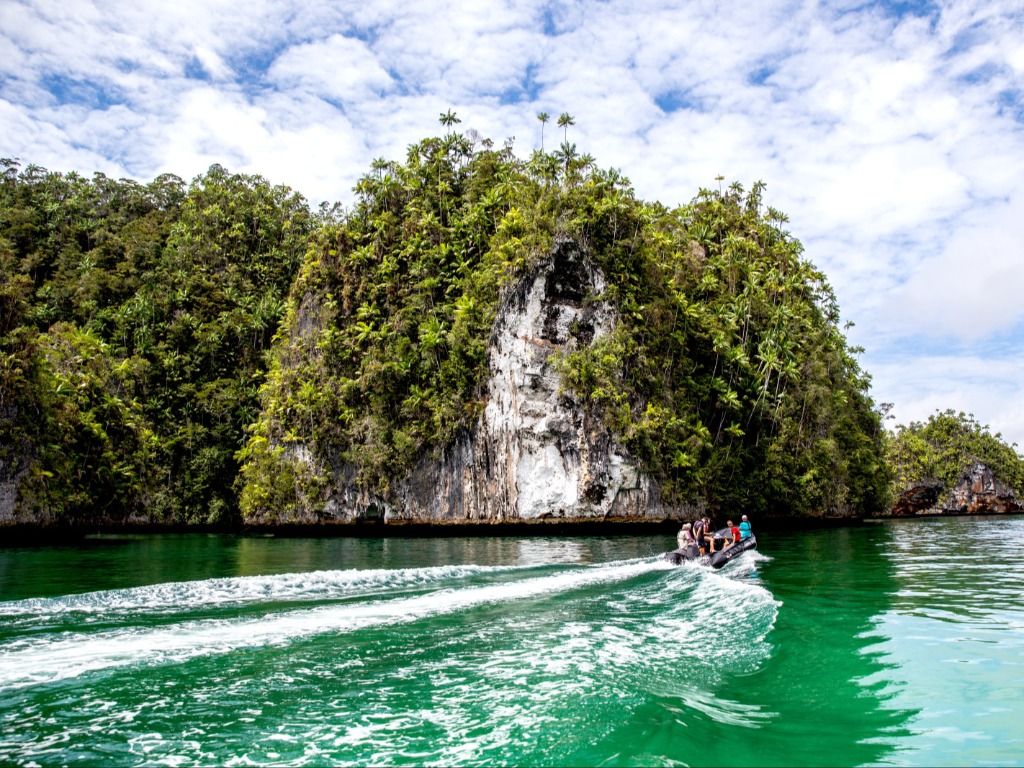AR Set To Transform Travel

According to GlobalData, companies in the tourism sector are investing in emerging technologies such as augmented reality (AR) to improve traveller experience after the industry was severely impacted by the COVID-19 pandemic and geopolitical tensions.
The data and analytics company says that AR is set to bring the tourism industry closer to the metaverse, which could provide a venue for people to meet, plan trips together, and learn about different historic sites in a virtual environment before they travel.
In its latest report, ‘Augmented Reality in Travel & Tourism (2022)’, it found that the industry is using AR to adapt to challenges such as last-minute cancellations by improving the booking experience. Guests looking to book hotel stays can visualise hotel rooms before they travel using AR, making it easier to pick the most suitable rooms, reducing cancellation frequency.
Rachel Foster Jones, analyst for the thematic research team at GlobalData, observes: “As well as improving the booking experience, AR can also enhance the travel experience for tourists, from translating signs and menus to guiding tourists through popular attractions. The technology will play an exciting role in the industry as it is facilitating a stress-reduced and more informative journey, which is important for hesitant travellers who have faced various imposed travel restrictions.”
GlobalData estimates that the AR market will reach $152 billion by 2030, up from $7 billion in 2020. The number of jobs related to this theme in the travel and tourism industry has also increased, rising from 106 active jobs in November 2021 to 161 in February 2022. The US has the highest percentage of AR and VR roles, with over half (54%) of the number of positions tracked by GlobalData based in this country.
The Walt Disney Company recently outlined plans to prepare for the metaverse and as a result of this, was the most active in job posting for AR. Disney has also been granted a patent to create a real-world theme park ride where users could experience a 3D virtual world without requiring wearable hardware. It will achieve this using a simultaneous localization and mapping (SLAM) technique to map the visitor’s surroundings as they move through the real world while creating 3D imagery.
Said Jones: “By creating a highly immersive simulated world, Disney is one step closer to creating its take on the metaverse by bringing the virtual world with AR capabilities to real-world sites. Disney’s new patent indicates that it wants to stay ahead and compete with other theme parks such as Mario Karts: Koopa’s Challenge ride, which already uses AR but without the clunky headsets usually associated with it.
Jones continued: “Disney has seen where it fits when it comes to the metaverse and through this patent, it has the ability to take its storytelling capabilities to the next level. A highly immersive but personalized experience for individual guests will be created as they move through the park. Projections of Disney characters will appear which can interact with guests without requiring guests to wear headsets, creating a more realistic experience than Disney’s current approach of hiring actors.”
Go to www.globaldata.com for more.


